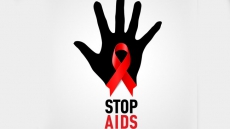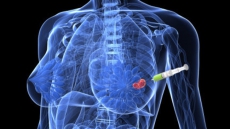A study of over 17,000 Israelis has found that long-term exposure to terror threat can elevate people's resting heart rates and even increasing their risk of death.
The fear induced by consistent exposure to the threat of terror can lead to negative health consequences and increase the risk of mortality, researchers from Hebrew University of Jerusalem said.
The researchers studied 17,300 healthy people -- 10,972 men and 6,408 women -- who underwent an annual general medical exam including blood tests, heart rate and stress tests at the Tel Aviv Medical Centre.
The questionnaire covered a wide range of occupational, psychological, and physical factors, including the body mass index, blood pressure, fitness, smoking, psychological well-being, anxiety, and fear of terror.
"We wanted to test whether fear of terrorism can predict an increase in pulse rate and increased risk of death," said Hermona Soreq, a professor from Hebrew University's Edmond and Lily Safra Center for Brain Sciences (ELSC).
By combining the medical exam data with the questionnaire responses, the researchers found that heart rate was also influenced by psychological characteristics such as fear of terrorism.
The fear of terror was a major contributor to annual increases in resting heart rate, with 4.1 percent of participants suffering from an elevated fear of terror that predicted an increase in their resting heart rates.
In other words, for people with an elevated fear of terror, the heart beats faster and the associated risk of heart disease is higher, researchers noted.
Elevated resting heart rate is a predictor of death from cardiovascular disease and death across all causes.
The researchers also examined how the brain alerts the body to the expectation of danger.
They administered a blood test to examine the function of acetylcholine, a neurotransmitter involved in responses to stress and which acts as a brake to the inflammatory response.
The results showed that the fear of terror leads to a decline in the function of acetylcholine, thus reducing the body's ability to defend itself from a heart attack.





